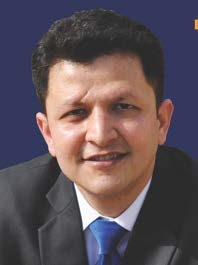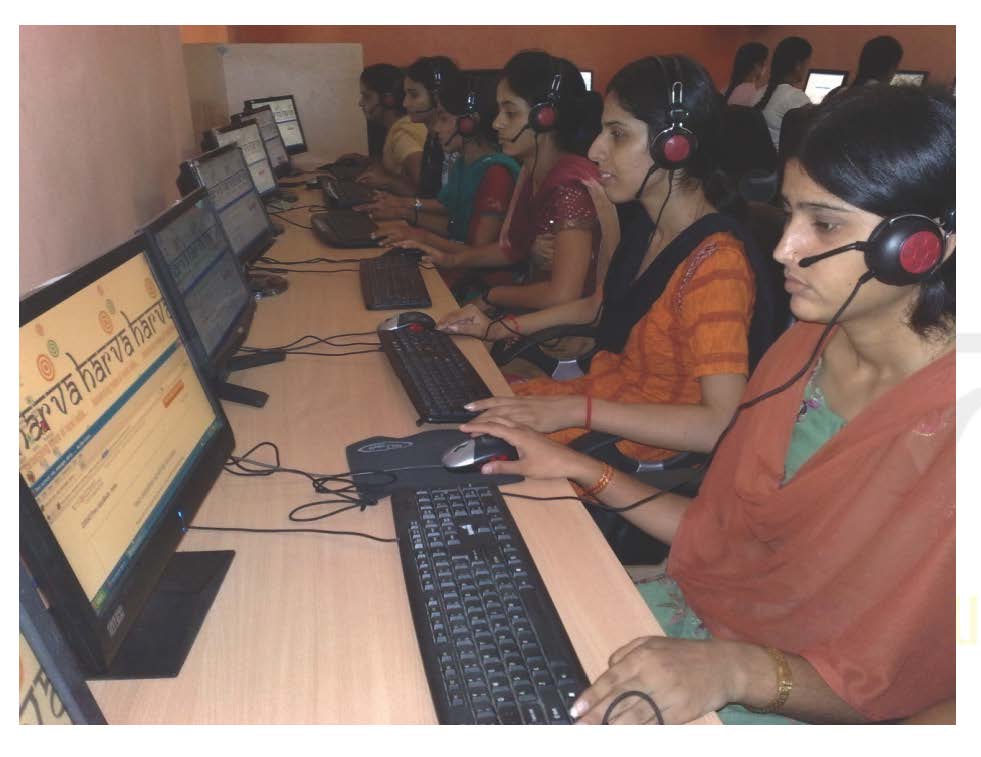We often say of students and younger alumni that they are on the cusp of something very big. (Are we ever being overconfident? Never!) In the case of Ajay Chaturvedi, GEX’02, we have solid confirmation that he is “on to something” with his social enterprise, HarVa. The World Economic Forum (WEF) recently named Chaturvedi as a 2013 Young Global Leader.
Chaturvedi says that he was not even aware that the WEF was following his work, but now that he knows it is, he is beginning to appreciate the impact. The WEF’s is the kind of endorsement that tells the world that “this is something credible,” he explains.
His is a “social capitalistic” model. HarVa enters markets in India that have not been tapped by financial services firms or Western marketing initiatives and attempts to develop the community on several fronts at once—community-based farming, skill development and counseling for the entire family, microfinance, business process outsourcing and even sustainable energy.

Ajay Chaturvedi, GEX’02
HarVa is already totally self-sustaining. It is cash-flow positive, but to scale up, Chaturvedi says, the organization will need working capital from investors. This is where the WEF seal of approval could be pivotal. Chaturvedi reports that he is already talking with a handful of private equity and venture capital funds, as well as conventional investors in Silicon Valley. He is also in talks with global sourcing advisors and potential new board members.
“We have not begun mapping the tip of the economy yet,” he says.
For Chaturvedi , the road from Wharton to social entrepreneur was a “very logical progression.” He had been in credit operations in banking, where he got to see the “dirty part” of the world, he recalls. It was there that he came to realize that to credibly develop the villages of the developing world, charity was not the answer. He began planning HarVa in 2002 and launched it in 2010.
Now fully involved in social impact, he came to appreciate a lesson from one of his Wharton courses, which stressed the importance of emotionally disconnecting oneself in the heat of battle to make the best critical decisions. Chaturvedi says that he had not been invested enough in banking to become emotionally engaged, but now at HarVa, he is.
Editor’s note: For more information, read the India Knowledge@Wharton article “HarVa: Creating Value within Rural India.”


























